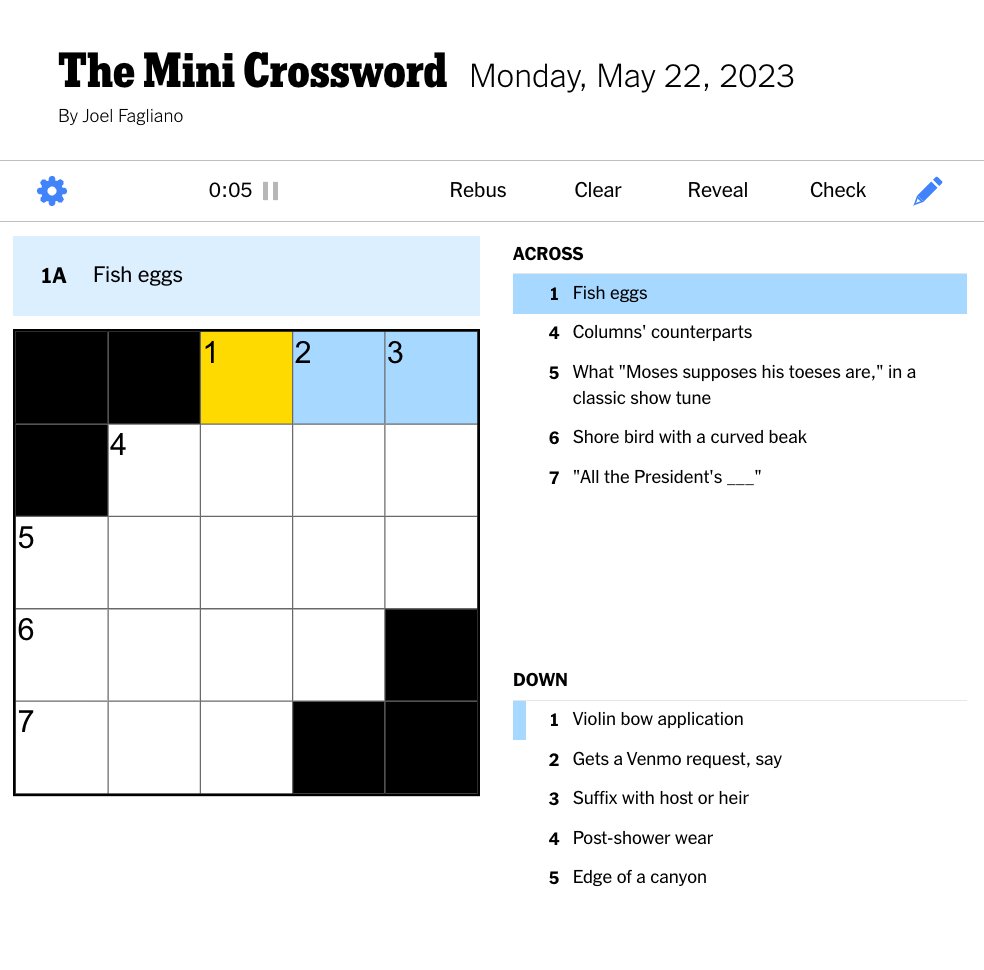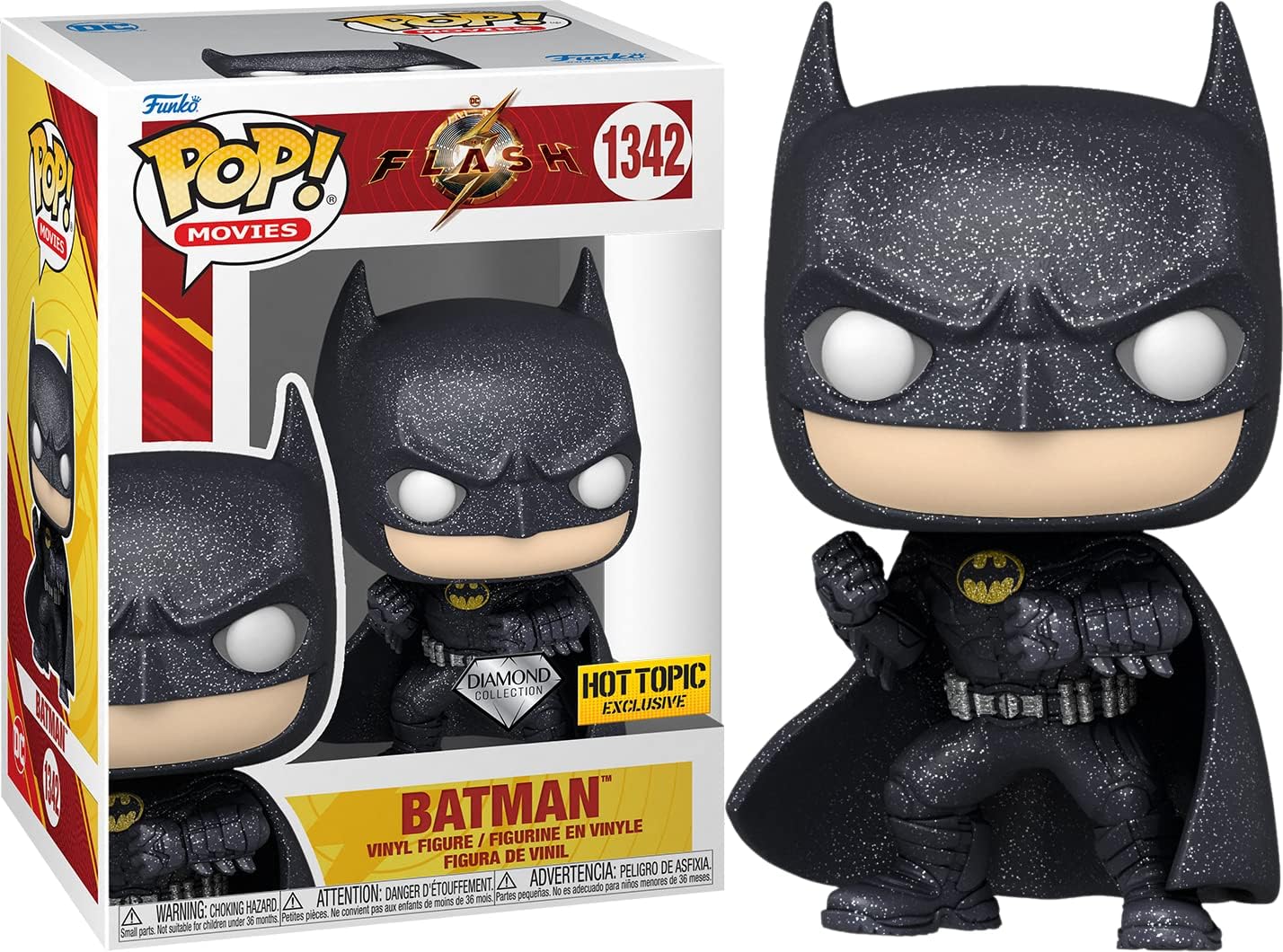Mini crosswords have surged in popularity as a fun and challenging way to engage the mind, sharpen vocabulary, and enjoy a bit of wordplay. While they may seem daunting at first glance, learning how to approach these puzzles can transform you from a hesitant novice into a confident solver. In this article, we will explore effective strategies for tackling mini crossword clues, enhancing your skills, and boosting your overall enjoyment of this captivating pastime.
Understanding Mini Crosswords

Before diving into strategies, it’s essential to understand what mini crosswords are. Typically, mini crosswords are smaller versions of standard crosswords, often featuring a 5×5 or 7×7 grid. They often contain clever wordplay, puns, and cultural references, making them a delightful challenge for all ages.
The Appeal of Mini Crosswords

- Time-efficient: Mini crosswords usually take just a few minutes to complete, making them perfect for a quick brain teaser.
- Accessible: Their smaller size and simpler clues often make them more approachable for beginners.
- Variety: They frequently feature diverse themes and topics, keeping the experience fresh and engaging.
Strategies for Solving Mini Crossword Clues
Now that we have a grasp on what mini crosswords are, let’s delve into effective strategies for solving them confidently.
1. Familiarize Yourself with Common Clue Types
Crossword clues can vary widely in style and difficulty. Familiarity with common types will help you recognize patterns and improve your solving speed. Here are some typical clue types to keep in mind:
- Definitions: Straightforward clues that simply define the answer (e.g., “A large body of water” for “ocean”).
- Wordplay: Clues that use puns or homophones (e.g., “Bee’s home” for “hive”).
- Abbreviations: Shortened forms of words (e.g., “Doctor” for “Dr.”).
- Fill-in-the-blank: Clues that provide a phrase with a missing word (e.g., “___ the explorer” for “Dora”).
2. Build Your Vocabulary
A robust vocabulary is crucial for crossword success. Here are some tips for expanding your word bank:
- Read extensively: Books, articles, and magazines expose you to new words and phrases.
- Use word games: Engage with other word puzzles, such as Scrabble or Boggle, to reinforce learning.
- Keep a crossword journal: Document new words and their meanings as you encounter them.
3. Embrace the Art of Guessing

Sometimes, you may be unsure of an answer. In such cases, educated guessing can be effective. Here’s how to guess confidently:
- Consider the context: Use the intersecting letters from other answers to help deduce the word.
- Think of synonyms: If you’re stuck, try to think of other words that fit the clue.
- Trust your instincts: If a word pops into your head, write it down! You can always revise it later.
4. Practice Regularly
Like any skill, crossword solving improves with practice. Set aside regular time to work on mini crosswords, and challenge yourself with different themes and difficulty levels. Consider joining an online community or a local crossword club to share tips and solutions.
5. Analyze Completed Puzzles
After solving a crossword, take a moment to analyze your answers, especially the ones that stumped you. This self-reflection helps reinforce learning and builds confidence for future puzzles.
Leveraging Resources to Enhance Your Skills
Numerous resources are available to support your crossword-solving journey. Here are a few to consider:
- Online Crossword Solvers: Websites and apps that can help you solve puzzles or provide hints when you’re stuck.
- Books on Crossword Construction: Read about how crosswords are created to gain insight into the thought process behind clues.
- Word Lists: Familiarize yourself with lists of common crossword answers, especially short words that frequently appear.
Common Pitfalls to Avoid
As you develop your crossword-solving skills, be mindful of common mistakes that could hinder your progress:
- Overthinking clues: Sometimes, the simplest answer is the correct one—don’t overlook the obvious.
- Neglecting to check cross letters: Always consider intersecting answers, as they can provide valuable hints.
- Rushing through: Take your time to enjoy the process; rushing can lead to mistakes.
Case Studies: Successful Solver Stories

To illustrate the effectiveness of these strategies, let’s look at a couple of case studies involving crossword enthusiasts.
Case Study 1: The Beginner
Sarah, a 30-year-old accountant, began solving mini crosswords to unwind after work. Initially intimidated, she focused on building her vocabulary and familiarizing herself with common clue types. Within a few months, her confidence grew, and she was solving puzzles with ease. Sarah now contributes to her local crossword club, sharing tips and encouraging newcomers.
Case Study 2: The Competitive Solver
John, a retired teacher in his 60s, has always enjoyed word games. After discovering online crossword competitions, he began practicing daily. By analyzing his mistakes and utilizing crossword resources, he improved dramatically and now regularly ranks in the top 10 of national competitions.
Tackling mini crossword clues with confidence is an attainable goal for anyone willing to invest time and effort into improving their skills. By familiarizing yourself with common clue types, building your vocabulary, and embracing the art of guessing, you can transform your crossword experience from frustrating to fulfilling. Regular practice and the utilization of available resources will further enhance your abilities, while analysis of completed puzzles will solidify your learning. Remember, even seasoned solvers continue to learn and grow, so enjoy the journey of becoming a confident mini crossword solver!






